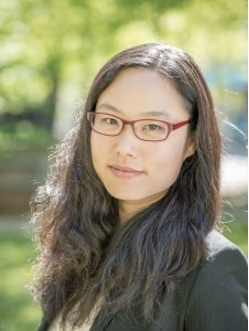
Dr. Lin Yang, PhD
Department of Cancer Epidemiology and Prevention Research
Alberta Health Services, Calgary, Canada
E-mail: lin.yang@ahs.ca
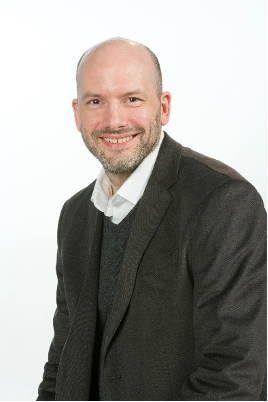
Prof. Dr. Simon Bacon, PhD
Department of Health, Kinesiology & Applied Physiology
Concordia University, Montreal, Candaa
Email: simon.bacon@concordia.ca

Dr. Lin Yang, PhD
Department of Cancer Epidemiology and Prevention Research
Alberta Health Services, Calgary, Canada
E-mail: lin.yang@ahs.ca
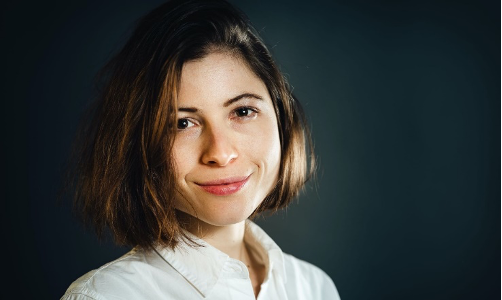
Dr. Oriane Morriet, PhD
CEO d'Humaniteq
E-mail: humaniteq@gmail.com
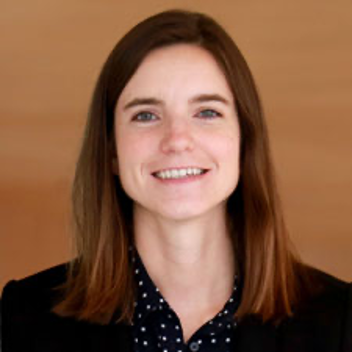
Dr. Alison Olechowski, PhD, P.Eng
Assistant Professor
Department of Mechanical & Industrial Engineering
University of Toronto
ON, Canada
E-mail : olechowski@mie.utoronto.ca
. Presenting with COVID and ASTHMA at an emergency
department and receiving an evaluation of no-big-deal.
. Facial recognition systems that cannot ‘see’ certain individuals.
. Sentencing algorithms with obvious discriminatory biases in
production throughout the judicial system.
. Self-driving car systems that cannot tell the difference between
a semi-truck and horse-drawn carriage
Obviously, no hope exists for stamping these out individually. Instead, development practices must be revamped and roles re-conceptualized. This includes a healthy dose of data literacy and addressing the challenges remaining to fully realize potentials in this area.
. As much attention must be devoted to reverse
engineering as forward engineering
. Reducing the influence of various biases via checklist-based
gateway development of ethical data architectures
. Adopting value or economically focused strategies for
data munging into project planning
Successfully incorporating AI into society must extend far beyond attempting to
identify and categorize animals in your photo library while your phone is
charging. Instead a foundation for AI data must be established.
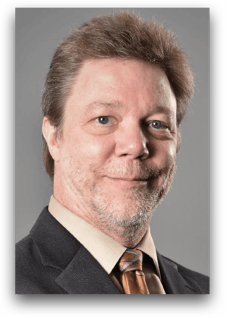
Dr. Peter Aiken, Ph. D
Associate Professor
School of Business
Virginia Commonwealth University
Richmond, VA, USA
Email: paiken@vcu.edu

Dr. Sarah Matthews
Health Communications Consultants, Inc.
15450 Sandfield Loop, Winter Garden, FL 34787
Tel: 1 407-982-9700
Email: sarah.matthews@healthcommunicationsconsultants.com